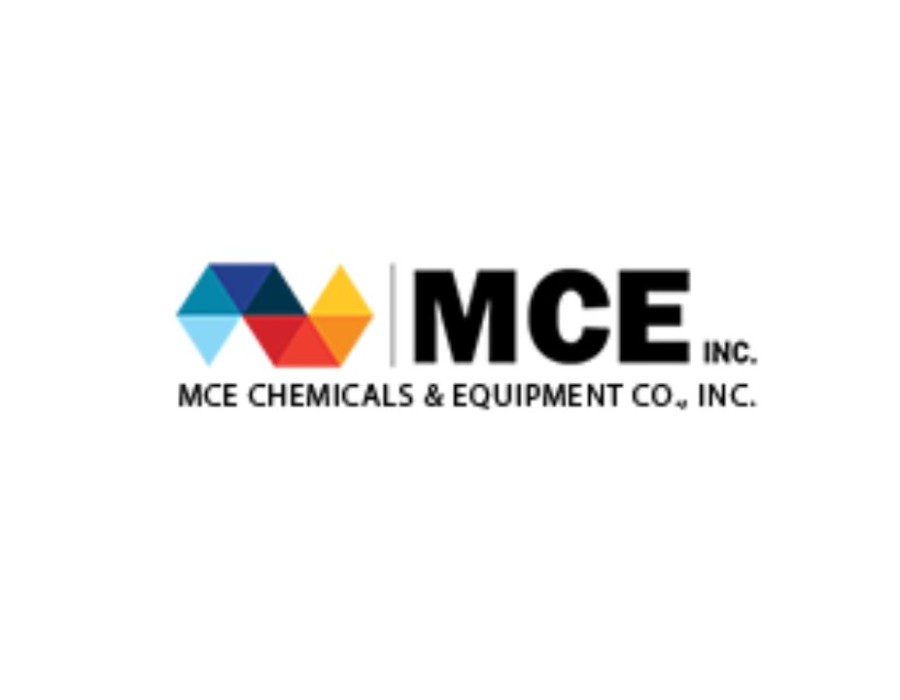When it comes to ensuring the quality of the water you consume, investing in a water testing kit for your home is a smart and proactive decision. Water testing is essential for identifying harmful contaminants such as bacteria, heavy metals, and chemicals that could negatively impact your health. In this blog, we'll explore how to choose the right water testing kit for your home, including factors to consider, the types of tests available, and tips for interpreting results.
Why Water Testing Is Important
Before diving into the process of choosing a water testing kit, it's essential to understand why water testing is so important. Clean, safe water is critical to your health, as contaminated water can cause a range of issues, from gastrointestinal diseases to long-term health problems. Testing your water regularly ensures that you are aware of any potential hazards in your home’s water supply, and allows you to take necessary steps to address issues.
Testing your water can help detect:
- Bacterial contamination
- Heavy metals (e.g., lead, arsenic)
- Chlorine and chloramine levels
- pH balance
- Hardness of the water
- Nitrates and nitrites
Regular testing can give you peace of mind knowing that your water is safe for consumption.
Types of Water Testing Kits
There are various types of water testing kits available, each designed to test for specific contaminants. When choosing a kit, consider the specific needs of your household and the potential contaminants in your water source. Here are some common types of water testing kits:
Basic Water Quality Test Kits
Basic kits are affordable and relatively simple to use. They often test for the most common water quality issues, such as pH levels, chlorine, hardness, and total dissolved solids (TDS). These kits are great for homeowners who need general information about their water’s quality and want a quick, easy test.
Advanced Water Testing Kits
For more comprehensive analysis, advanced water testing kits can detect a wider range of contaminants, including heavy metals like lead, arsenic, and mercury, as well as bacteria like E. coli. These kits are ideal for people with well water or those living in areas with older plumbing systems that may leach contaminants into the water supply.
Specialized Water Testing Kits
These kits focus on specific contaminants, such as fluoride, nitrates, or pesticides. If you are concerned about a particular issue (like high nitrate levels due to nearby farming), investing in a specialized kit may be the best choice. These kits are typically more precise and focus on targeted pollutants.
Factors to Consider When Choosing a Water Testing Kit
When selecting a water testing kit, there are several important factors to consider to ensure you get the right one for your home:
1. Water Source
The source of your water plays a crucial role in determining which tests are necessary. If you use well water, it’s more susceptible to contamination from bacteria, nitrates, and heavy metals. In contrast, municipal water systems are typically treated but may still have issues with chlorine or fluoride. Understanding your water source will help you choose the right kit.
2. Contaminant Concerns
Consider what specific contaminants you’re most concerned about. If you’re worried about lead, look for a kit designed to test for heavy metals. If you suspect bacterial contamination, select a kit that can identify harmful bacteria such as coliform or E. coli. Kits that test for a variety of contaminants tend to be more expensive but offer a broader range of information.
3. Ease of Use
Most water testing kits are user-friendly, but some require more effort than others. Choose a kit with instructions that are easy to follow, especially if you’re new to water testing. Many kits come with color-coded charts that help you interpret the results quickly.
4. Cost
The cost of water testing kits can vary widely based on the complexity and range of tests offered. Basic kits are more affordable, while advanced kits can be more expensive but provide more detailed and comprehensive results. Be sure to balance the price of the kit with your specific testing needs.
5. Accuracy and Reliability
Accuracy is essential when testing water quality. Look for water testing kits from reputable brands that provide clear, reliable results. Some kits even offer laboratory testing for an extra fee, which can give you the most accurate and comprehensive results.
Common Contaminants Tested in Water
When selecting a water testing kit, it’s helpful to know which contaminants it can test for. Here are some of the most common substances tested for in water:
- Lead: Harmful, especially for children, and often found in older plumbing systems.
- Chlorine: Added to municipal water supplies but can affect taste and cause skin irritation.
- Bacteria: Harmful bacteria, including E. coli, can contaminate water sources and cause illness.
- Nitrates and Nitrites: Often found in well water, high levels can be dangerous for infants.
- pH levels: Can indicate the acidity or alkalinity of the water, affecting its taste and use in certain household appliances.
Google My Business: Boost Your Water Testing Kit Visibility
For businesses like MCE Chemicals & Equipment Co, Inc., having a strong online presence is vital for reaching customers who need reliable water testing kits. A well-optimized Google My Business (GMB) profile ensures that potential customers can easily find your products and services when searching for water testing kits in your area. By regularly updating your profile with accurate business hours, contact information, and customer reviews, you can improve your business's visibility and credibility.
Contact Us
If you’re looking for reliable water testing kits, don’t hesitate to contact us at MCE Chemicals & Equipment Co, Inc. Our team is ready to help you select the best water testing kit for your needs, ensuring that your home’s water quality meets the highest standards. We offer a variety of kits tailored to specific concerns and can provide guidance on how to interpret your results.







Comments